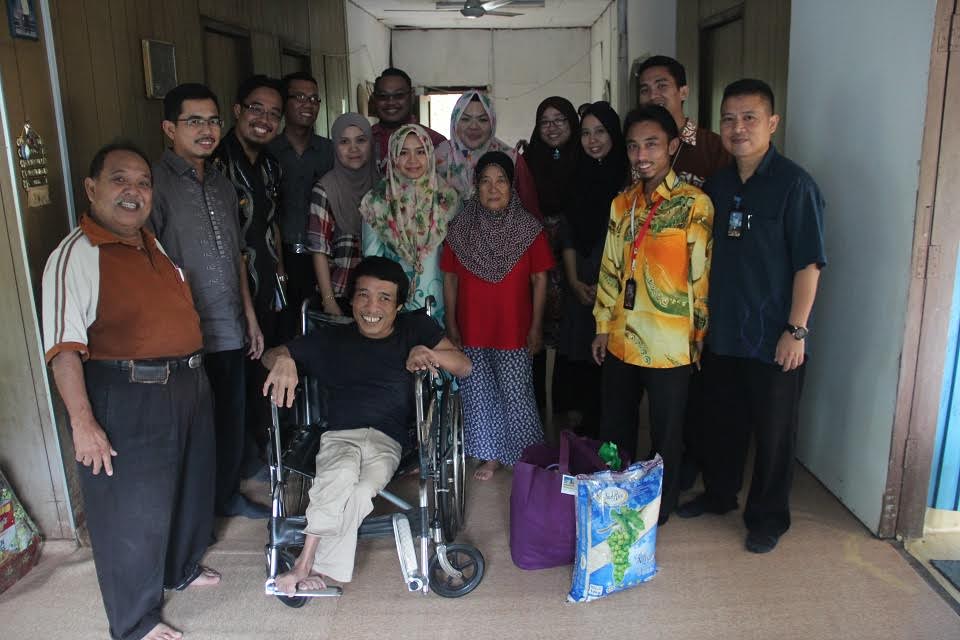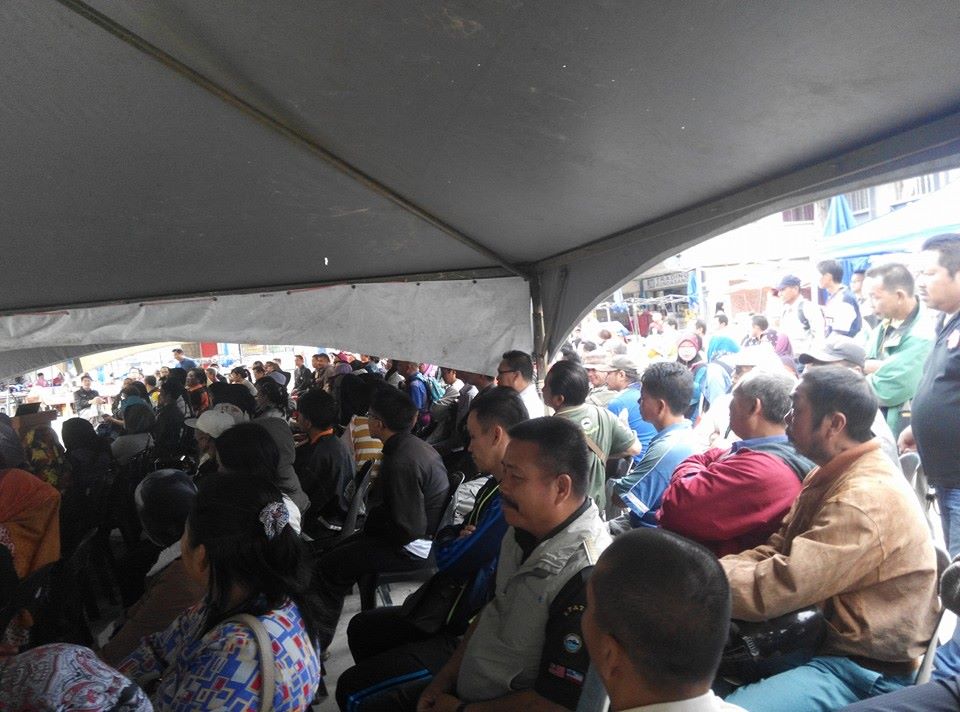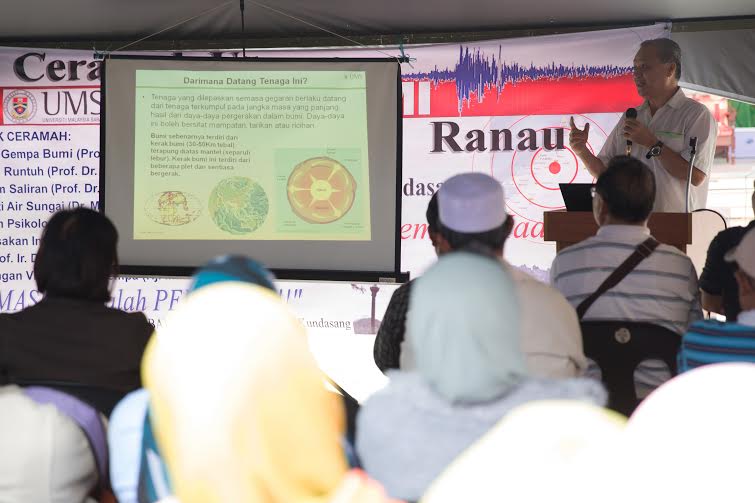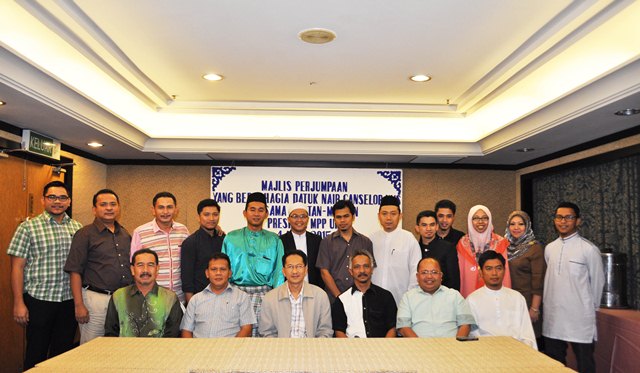 JUMAAT, 10 JULAI - Warga Universiti Malaysia Sabah (UMS) Kampus Antarabangsa Labuan (KAL) mengadakan program Ziarah Ramadan sambil menyampaikan bantuan Aidilfitri kepada golongan asnaf di Wilayah Persekutuan Labuan, baru-baru ini.
JUMAAT, 10 JULAI - Warga Universiti Malaysia Sabah (UMS) Kampus Antarabangsa Labuan (KAL) mengadakan program Ziarah Ramadan sambil menyampaikan bantuan Aidilfitri kepada golongan asnaf di Wilayah Persekutuan Labuan, baru-baru ini.
Pada program itu, sebanyak tujuh buah kampung iaitu Kampung Layang-Layangan, Lubok Temiang, Batu Arang, Bandar Labuan, Bukit Kuda, Durian Tunjong dan Tanjung Aru menerima bantuan tersebut.
Menurut penyelaras program, Mohd Fazli Sarudi, program ziarah itu merupakan salah satu tanggungjawab sosial korporat (CSR) UMSKAL kepada golongan yang kurang berkemampuan di wilayah itu.
“Sumbangan ini diharap dapat membantu meringankan beban penderitaan golongan asnaf untuk menyambut Ramadan dan Aidilfitri,” ujarnaya.
Bantuan tersebut disampaikan kepada penerima ibu tunggal, Orang Kelainan Upaya (OKU) dan anak yatim serta fakir miskin yang berdaftar dengan Jabatan Kebajikan Masyarakat (JKM) Labuan.
Rombongan ziarah itu juga turut disertai Timbalan Pendaftar Kanan, Zamri Mohamad Tuah yang mewakili Pengarah UMSKAL, Profesor Madya Dr. Murnizam Haji Halik serta Ketua Bahagian Hal Ehwal Pelajar dan Alumni (HEPA), Mas Adi Alimin.-ZMD
Bahagian Media dan Citra



 KHAMIS, 09 JULAI - Hampir seribu penduduk sekitar Kundasang membanjiri pekan Kundasang bagi mendengar Ceramah Gempa Bumi anjuran Universiti Malaysia Sabah (UMS) kelmarin.
KHAMIS, 09 JULAI - Hampir seribu penduduk sekitar Kundasang membanjiri pekan Kundasang bagi mendengar Ceramah Gempa Bumi anjuran Universiti Malaysia Sabah (UMS) kelmarin. KHAMIS, 09 JULAI - Orang ramai khususnya penduduk sekitar kaki Gunung Kinabalu dinasihatkan tidak panik terhadap gegaran susulan gempa bumi.
KHAMIS, 09 JULAI - Orang ramai khususnya penduduk sekitar kaki Gunung Kinabalu dinasihatkan tidak panik terhadap gegaran susulan gempa bumi.